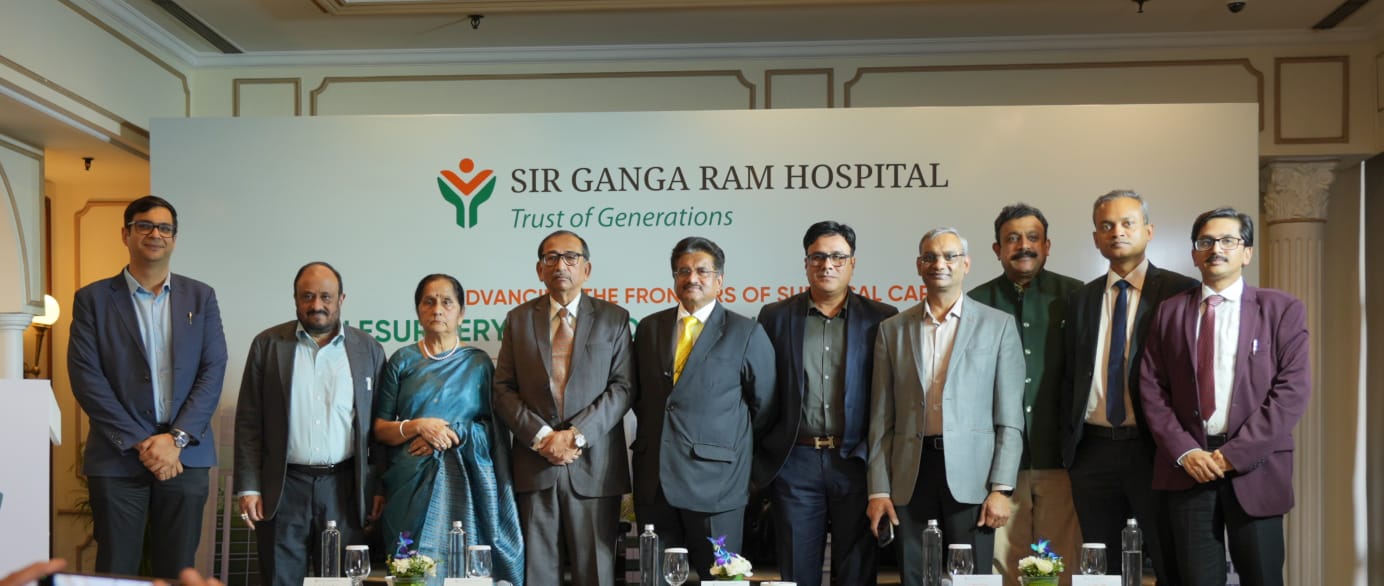

Could Vitamin D Be the Secret to Slowing Ageing? A Harvard study claims
By Prabha Gupta, August 31,2025
Could a simple pill truly hold the key to youth? A new Harvard study claims vitamin D slows ageing at the genetic level. This groundbreaking research, reported by The Economic Times https://economictimes.indiatimes.com/magazines in August 2025, dives deep into telomeres—the DNA caps linked to cellular longevity.
The findings are part of the large-scale VITAL trial, funded by the National Institutes of Health (NIH). Over 1,000 older adults participated. Results showed those taking 2,000 IU of vitamin D3 daily experienced slower biological ageing. Remarkably, this supplement may preserve nearly three years of cellular life in just four years.
The study points to vitamin D’s role in protecting telomeres. These are like the plastic tips of shoelaces, keeping our DNA intact. When telomeres shrink, cells age and disease risk rises. In the trial, participants on vitamin D retained longer telomeres compared to a placebo group.
You can read the original research published in The American Journal of Clinical Nutrition (outbound link). It shows that while vitamin D had measurable benefits, omega-3 supplements didn’t impact ageing.
Telomeres: How Vitamin D Slows Ageing at the Cellular Level
Telomeres have become a major focus in ageing research. Short telomeres mean faster cellular ageing, inflammation, and disease. But vitamin D appears to preserve these crucial DNA segments, offering a simple path to healthier ageing.
The study found that the anti-inflammatory properties of vitamin D may explain this benefit. Inflammation speeds up telomere shortening, and reducing it helps extend DNA life. This is where vitamin D outperformed omega-3s, previously believed to slow ageing.
However, the Harvard researchers acknowledged one limitation: the group studied was mostly white. Future research must include diverse participants to confirm these results across populations.
If you’re curious about telomeres and ageing, we’ve covered how DNA damage contributes to early ageing, which complements this study.
What the Study Didn’t Say—and What You Should Know
A fair question follows: was this study influenced by supplement companies? The answer appears to be no. NIH grants funded the trial, and the researchers disclosed no financial ties. Although Pharmavite LLC donated the vitamin D3 pills, the team reported no conflicts of interest—an important point in preserving the study’s credibility.
Still, don’t rush to your pharmacy just yet. Experts warn that excessive vitamin D can be harmful. The ideal dose varies per person. Some may experience side effects, especially those with kidney issues or who take other medications. It’s critical to speak to a healthcare provider before starting supplements.
Also, while this research adds hope, it’s not a magic bullet. Lifestyle, genetics, and environment all influence ageing. A balanced diet, physical activity, and good sleep remain key.
More clinical trials will confirm whether vitamin D slows ageing over decades, not just years. Until then, this study offers a promising—but cautious—step forward.

NewsHasghag operates a 24/7 news bureau that tracks the real-time, social media-driven stories from India and around the world, keeping you ahead of the day’s key talking points. Our digital-first approach transforms storytelling through the seamless integration of data, interactive charts, video, and audio into every narrative









